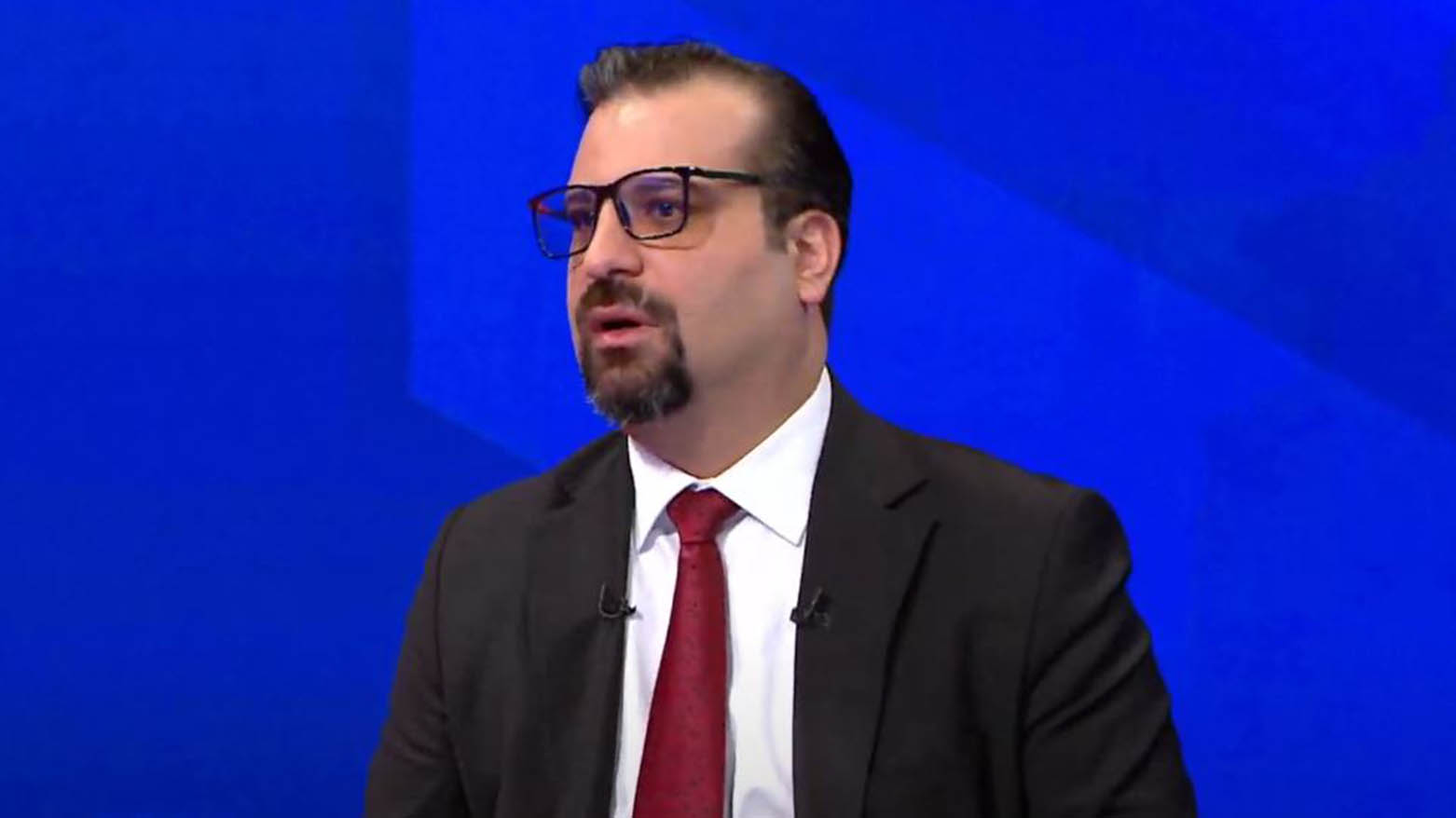Kurdish Official Accuses Baghdad of Breaching Constitutional Commitments
"By sending the issue to the State Council, Baghdad is only wasting time. If the Iraqi government dislikes the State Council’s recommendation, it can simply ignore it,” he said.

ERBIL (Kurdistan24) — Hawre Kamal, a legal adviser to the Kurdistan Regional Government’s (KRG) Ministry of Finance, said Thursday that while the KRG has implemented all its obligations toward Baghdad, the Iraqi federal government continues to neglect its own responsibilities toward the autonomous region.
Kamal told Kurdistan24 that any decision in favor of the Kurdistan Region is met with resistance from Baghdad. He specifically criticized the transfer of the Region’s oil revenue dispute to the State Council, an advisory body with no decision-making authority, instead of adhering to rulings of the Federal Supreme Court.
“By sending the issue to the State Council, Baghdad is only wasting time. If the Iraqi government dislikes the State Council’s recommendation, it can simply ignore it,” he said.
He added that the Iraqi Government and its Ministry of Finance are acting unlawfully and failing to abide by federal court rulings, while also preventing KRG representatives from the Ministries of Finance and Justice from attending relevant State Council meetings.
“The Kurdistan Region has complied with the constitution, the budget law, financial regulations, and rulings of the Federal Court,” Kamal stressed. “But Baghdad does not respect its commitments and refuses to allow the KRG to exercise its constitutional and legal rights.”
He accused the federal government of deliberately obstructing the Region’s finances, especially salaries, which he described as the “smallest and most fundamental rights of citizens.”
In a related development, Kurdistan Region Prime Minister Masrour Barzani on Wednesday chaired a meeting of the KRG Council of Ministers to discuss key financial and economic issues, including oil exports, non-oil revenues, and the disbursement of public sector salaries.
Prime Minister Barzani, stressed that the Kurdistan Region has met all its constitutional obligations and shown flexibility in addressing technical obstacles that have delayed salary payments.
On Thursday, the State Council held a session focused on the issue of transferring Kurdistan’s nonoil revenues. According to Kurdistan24’s Baghdad correspondent Dilan Barzan, the Council is now drafting a report for Iraq’s Council of Ministers to advise on adopting a stance on the matter.
Longstanding Baghdad–Erbil Tensions
The dispute over oil revenues and budget allocations has been one of the most persistent and politically sensitive issues between Baghdad and the Kurdistan Region since the fall of Saddam Hussein in 2003.
Under Iraq’s federal constitution, the Kurdistan Region is entitled to a share of the national budget in exchange for contributing its oil and customs revenues. However, mutual distrust, inconsistent revenue-sharing mechanisms, and disagreements over constitutional interpretation have repeatedly stalled agreements.
The tension intensified after 2014, when Baghdad, under the leadership of the Prime Minister Nouri al-Maliki, imposed punitive measures, including withholding the general budget and the salaries of public employees of the Kurdistan Region.
Although subsequent deals were reached, disputes routinely resurface when oil prices fluctuate or Iraq faces political instability.
International Partners and Kurdish officials alike argue that Baghdad’s actions are not merely technical or legal disputes but politically motivated attempts to curb the Kurdistan Region’s economic autonomy and growth.
Successive Iraqi governments have repeatedly halted budget transfers to Erbil, using financial pressure as a tool to weaken the Region’s leverage and limit its capacity for independent economic planning and infrastructure development.
Despite operating with a fraction of Iraq’s federal resources, the Kurdistan Region has managed visible progress in governance and infrastructure, a contrast that underscores Iraq’s broader failures.
Baghdad, despite enjoying vast oil revenues and one of the largest budgets in the Middle East, continues to suffer from widespread corruption, chronic mismanagement, and crumbling infrastructure, leaving much of the country mired in poverty and underdevelopment — a situation that many see as fueling resentment toward Kurdistan’s relative stability.
The crisis also comes at a time when the broader Middle East faces rising instability. These regional dynamics, combined with Iraq’s own fragile governance, make resolving the Baghdad–Erbil financial standoff even more urgent, yet increasingly complicated.